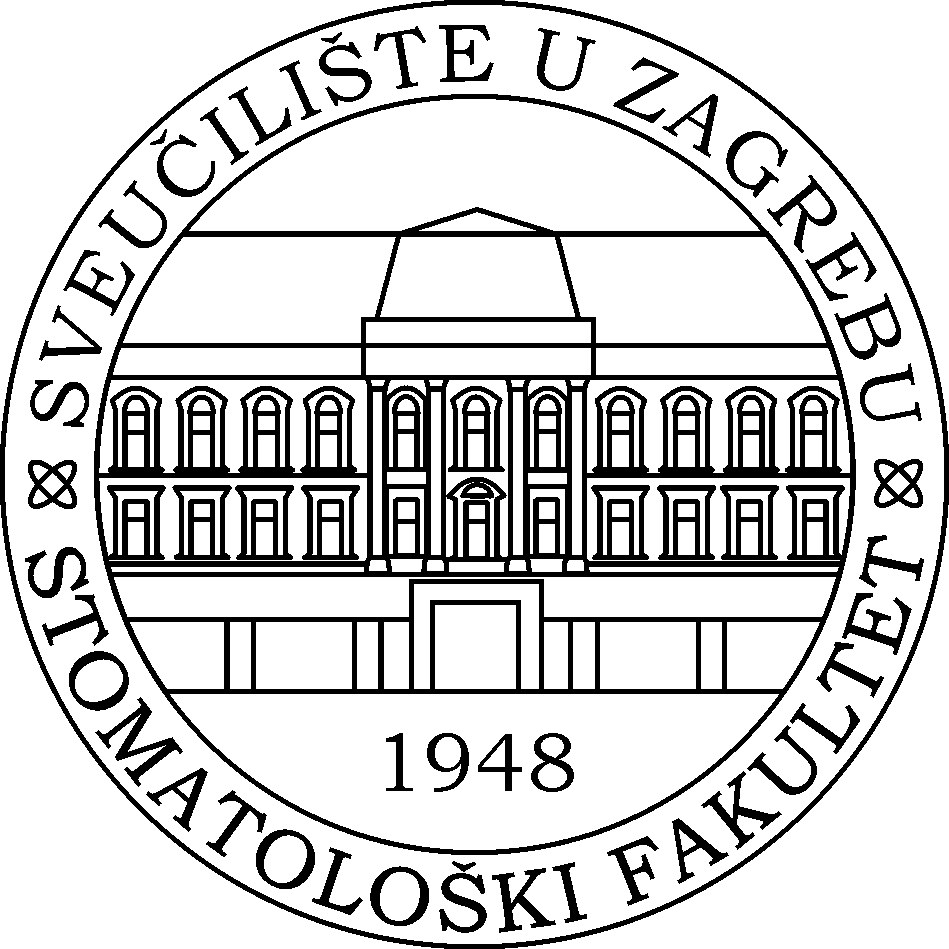O PROJEKTU
Temporomandibularni poremećaji (TMP) najčešći su orofacijalni bolni poremećaji nedentalnog porijekla, s prevalencijom u populaciji 6,1-10,2% i incidencijom od 3,9%. Patološki supstrat uglavnom izostaje, a uzrok često ostaje nepoznat. Kako se za druga bolna stanja nejasnog porijekla (npr. fibromialgija) predlažu genski čimbenici, cilj je našeg istraživanja ispitati predstavlja li genetska predispozicija rizik za nastanak TMP-a. Stoga ćemo određivati ciljne polimorfizme u odabranim genima u osoba s TMP-om (DK/TMP upitnik) i kontrolnih ispitanika te istražiti postoji li povezanost polimorfizama i odgovora na liječenje. Hipoteze: (I) pojavnost specifičnih genskih polimorfizama (usporedba pacijenata i kontrole) primarno ovisi o prisustvu/odsustvu TMP-a, a moguće i o izvoru i intenzitetu boli, prisustvu promjena na kosti, prisutnim psihološkim značajkama i prethodnoj ortodontskoj terapiji te (II) odgovor na liječenje razlikovat će se ovisno o prisutnim polimorfizmima. Usporedno s anamnestičkom i kliničkom obradom, te terapijom okluzijskom udlagom, provest će se analiza genomske DNA iz obriska bukalne sluznice. Izdvojena DNA koristit će se za određivanje 19 polimorfizama odabranih gena metodom Real-Time PCR. Paralelno, provest će se analiza biljega oksidacijskog stresa i opiorfina iz sline, čija je povezanost s TMP-om dokazana našim prethodnim istraživanjima. Ovaj put, njihova će se koncentracija usporediti s polimorfizmima u genima promotorima odgovornima za njihovu sintezu. Očekujemo da će se određene skupine polimorfizama pokazati kao faktor rizika za TMP-a. Inovativnost u smislu utvrđivanja genetske sklonosti za razvoj TMP-a ima potencijal za komercijalizaciju genetičkog testa kojim bi se mogao procijeniti rizik za razvoj bolesti i/ili odgovor na liječenje, čime bi se mogla indicirati rana intervencija i aktivno izbjegavanje okolišnih čimbenika rizika.
ABOUT THE PROJECT "Genetic polymorphisms and their association with temporomandibular disorders"
Temporomandibular disorders (TMD) are the most common orofacial pain disorders of non-dental origin with the prevalence of 6.1–10.2%, and incidence of 3.9%. Observable pathology is mostly absent, and the etiology often remains unknown. Since some other painful conditions of unknown origin (eg. fibromyalgia), also imply genetic factors, the aim of the study is to investigate genetic predisposition in relation to the risk for TMD onset. This will be achieved through analysis of polymorphisms in the selected genes in TMD patients (DC/TMD) and matched control subjects. The possibility of involvement of specific polymorphisms in modulation of therapy response will also be investigated. The hypotheses: (I) the Single Nucleotide Polymorphism (SNPs) clustering will be dependent on presence or absence of TMD (comparison of patients with control subjects), and will possibly depend on source of pain, pain intensity, presence of bone changes, psychological features and previous orthodontic therapy, and (II) SNPs will influence the treatment response. Along with anamnestic and clinical examination and occlusal splint therapy, genomic DNA will be analyzed from the buccal swabs. Isolated DNA will be used for the determination of 19 polymorphisms of selected genes using Real-Time PCR method. The analysis of salivary oxidative stress markers and opiorphin will be also performed, as their relationship with TMD has been shown previously. This time, their concentration will be associated with polymorphisms in the promoters of genes responsible for their synthesis. We expect to show that particular gene profile or group of SNPs represent a risk factor for TMD development. Innovative approach of the concept of determining the genetic predisposition for TMD has the potential for development of commercial genetic test with potential for risk estimation in relation to TMD onset. This could enable early interventions and active avoidance of environmental risk factors.

